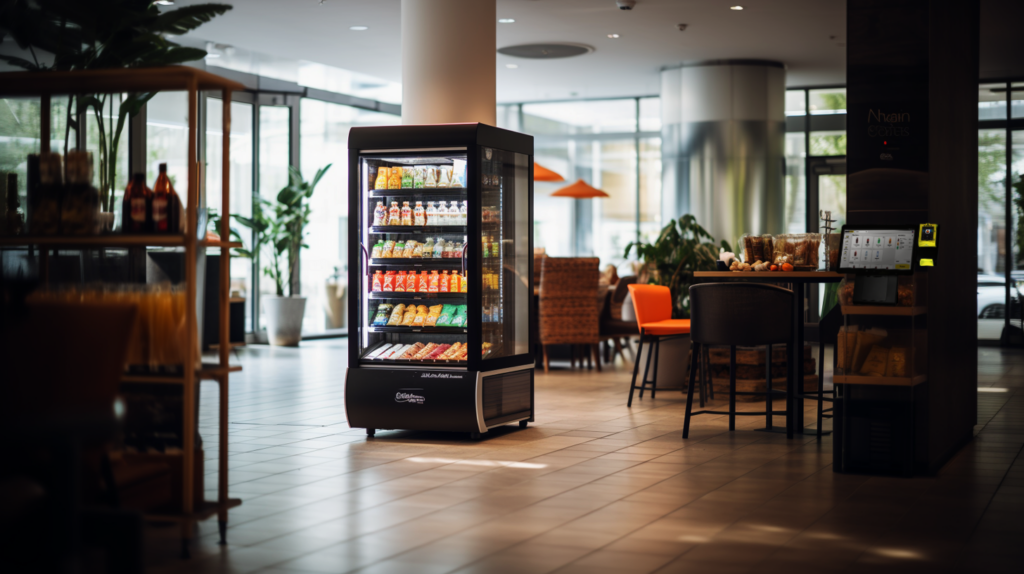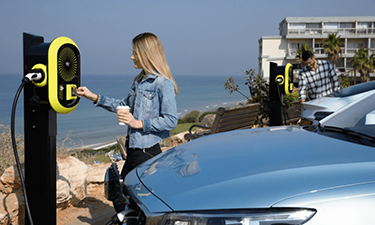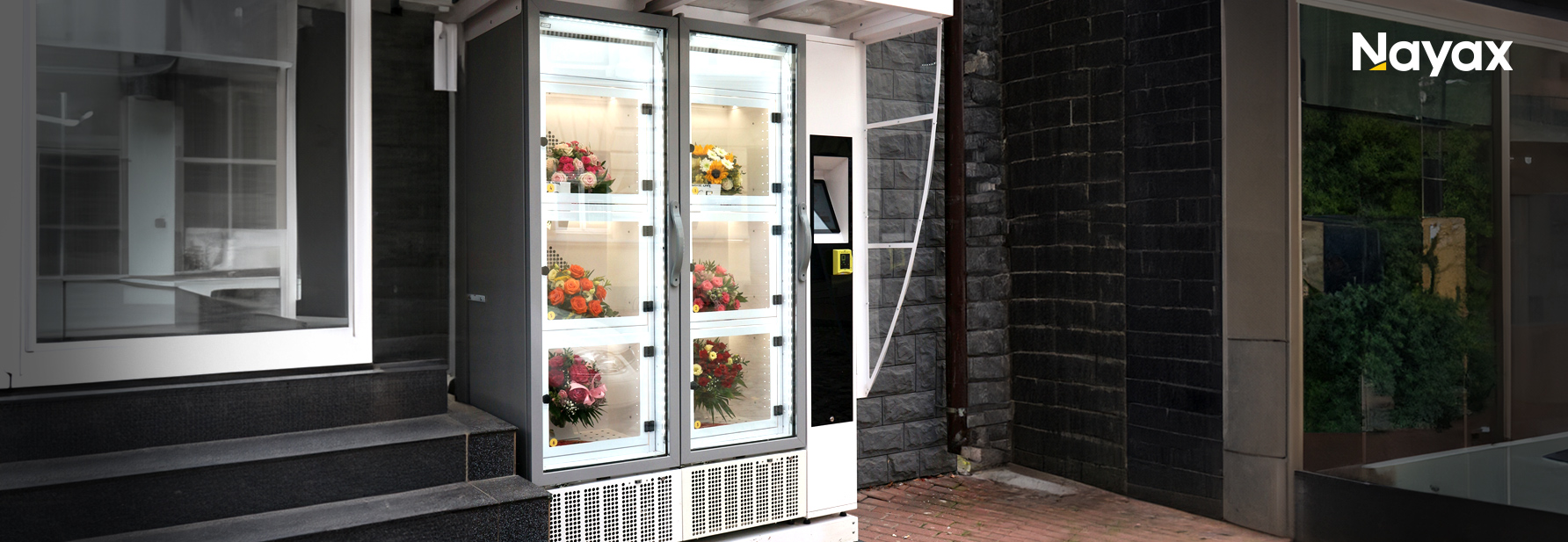People are hitting the road and traveling more now than they have in recent years, but travel is nonetheless impacted by economic uncertainty. According to Expedia Group’s Traveler Value Index, low pricing appears to be the top concern when booking a trip. This is especially true for the largest and fastest-growing market – millennials. Born between 1981 and 1996, millennials travel at higher rates than any other age group, and their spending habits are transforming the industry. Here are their top five travel trends.
Experience-Hungry
Beyond costs, there are other distinct characteristics that set millennials apart from other travelers. They tend to prioritize experiences over accommodations, and are extremely interested in local and authentic food, art, culture, and entertainment. They are constantly on-the-move, so they don’t need a fine-dining experience from their hotel – they want to be able to grab a sandwich, perhaps a charger they forgot to pack, some sunscreen – and go explore.
Many hotels are shifting their food-and-beverage programs to cater to these busy guests. According to Automatic Merchandiser, the number of micro-markets in hotels and motels grew in the US by 70% from 2021 to 2022, as hotels move away from full-service restaurants to focus on healthy, easy-to-grab options in outlets like lobby stores.
Budget-Minded
Distressed by the growing cost of living, inflation, and student debt, millennials have spent about a third less, on average, per trip over the past three years as opposed to baby boomers who are currently age 57-75. This affects the type of accommodation millennials prefer – namely apartments, hostels, and budget/economy hotels.
Family-Friendly
But it’s not only the economy driving their attraction to low-cost accommodations. Since many millennials are now parents in their prime vacationing with children, friends, and extended family, they need family-friendly environments with additional services, playrooms, playgrounds, kiddie rides, cribs, high chairs, and so on. They also need family-focused amenities like washing machines, kiosks for quick and easy snacks, and entertainment solutions – all things budget hotels are used to providing.
Nomadic
The growing phenomenon of ‘digital nomads’ is another distinctly millennial trend. As companies like Spotify implement “work from anywhere in the world” policies, the line between vacation and life can blur. Millennials will sometimes travel and work remotely as they go. For such trips, they look for a financially sustainable setup, with cheaper hotel accommodations that can also provide necessary day-to-day amenities, laundry, etc.
Silent Travelers
Additionally, both millennials and Gen Z – those who were born between 1996 and 2010 – are extremely tech-savvy, and want little to no interaction with hotel staff. They’ve been nicknamed “the silent travelers” – consumers who turn to their mobile devices first to find solutions to problems. They favor digital channels – online, mobile, and text – over traditional in-person customer service. A 2017 study found that hotels incorporating technology and apps into their guests’ stay saw higher visitor satisfaction, and another survey found that 73% of respondents were more likely to stay at a hotel that offers self-service technology to minimize contact with the staff and other guests.
Embracing the Trends
In order to thrive, hoteliers must adapt to the evolving demands of millennial travelers. Supplying low-cost and budget options isn’t enough – the way in which amenities are provided needs to meet millennials’ expectations. The ongoing worldwide staff shortage, coupled with customers’ preference for contactless services, makes digital and automated services the obvious way to go. This can seem like a daunting, costly challenge, especially for small or independent hotels, but it doesn’t have to be.
At Nayax, we’ve made it our mission to provide hoteliers with cutting-edge solutions to automate and monetize value-added services, ensuring guests receive the easy, touchless experience they expect. Nayax’s Nova Market enables hoteliers to expand their food and beverage offerings to a 24/7, easily customizable self-service kiosk, that can be monitored and maintained from any mobile phone. This out-of-the-box solution features a multi-language interface and accepts local and international credit cards. It can be configured for closed-loop payments (for example, using room access cards) and integrated with other software platforms such as hotel PMS and ERPs – thus charging customers only when they check out of the hotel. The kiosk comes along with Monyx Wallet, an app for enhanced consumer engagement and loyalty that also supports discounts, punch cards, happy hours, and more. Also with Nayax, hotels can enable digital and automated payments for additional amenities such as parking, EV charging, laundromats, massage chairs, and entertainment like darts, kiddie rides, arcades, and more.
Digitization and automation is the key to meeting millennial travelers’ needs. It allows hotels to offer a wide range of 24/7, contactless amenities, and provides guests with the seamless and independent experience they’ve come to expect. There are also significant monetary benefits: automation cuts down on time-consuming manual tasks, and enables hotels to maintain a capsule staff in a time of labor shortages. Additionally, monetizing value-added services is simply better for the bottom line.
To learn more about how Nayax can turn your hotel into the on-trend automated experience that millennial guests will love, contact us here.






